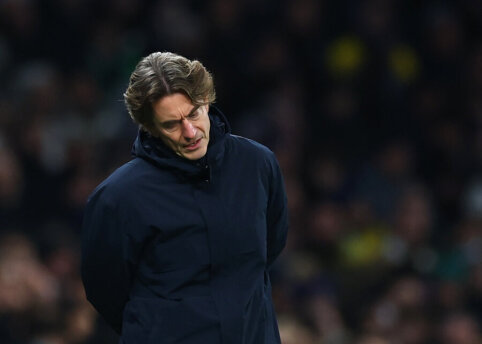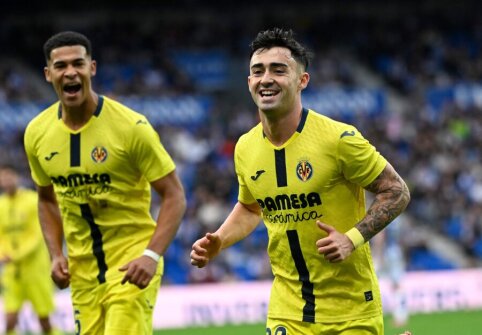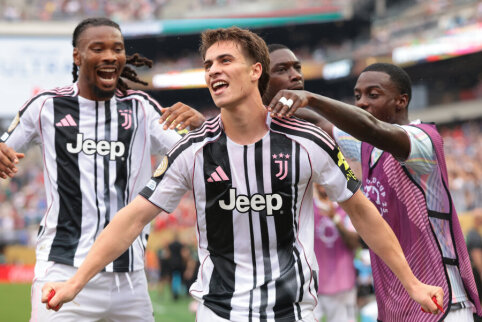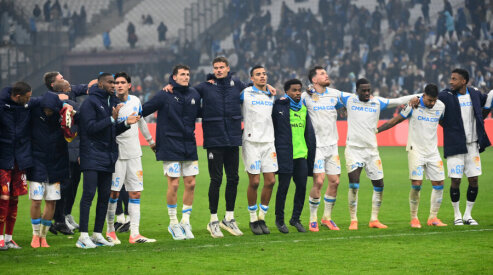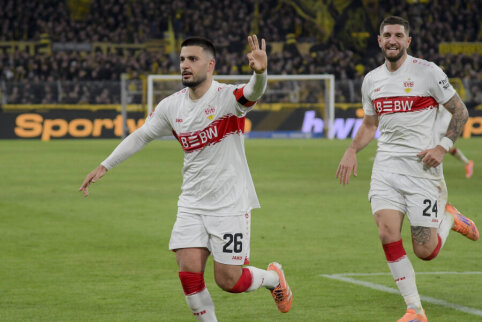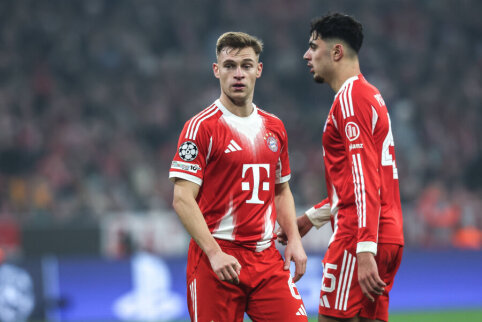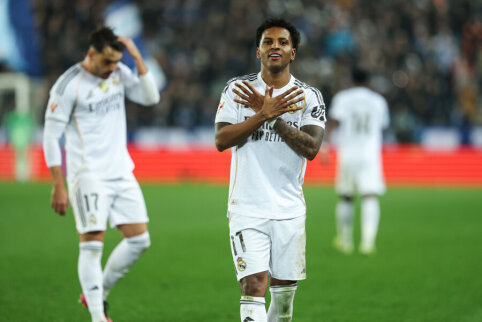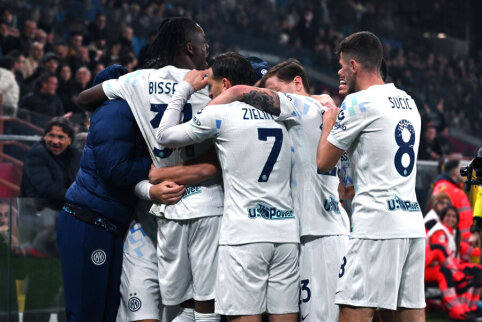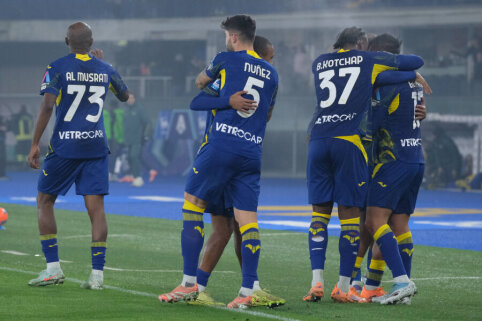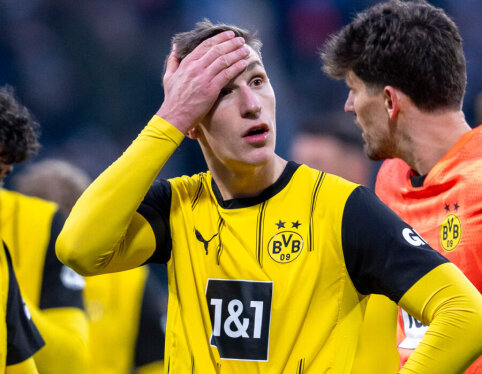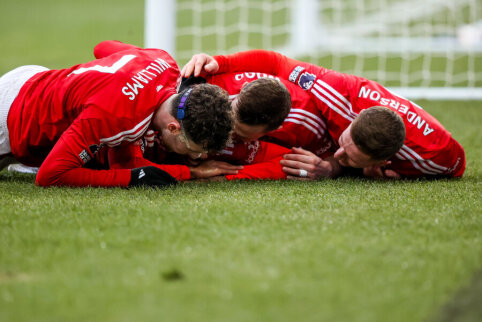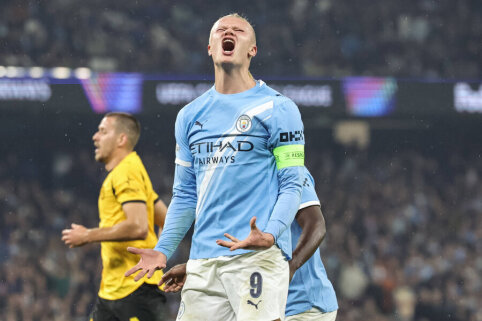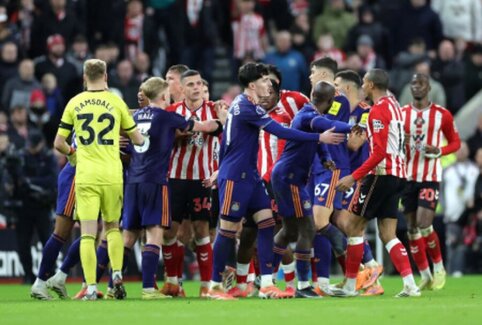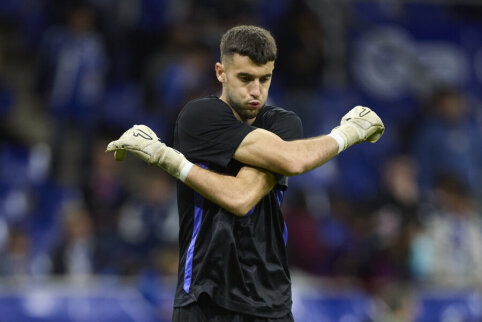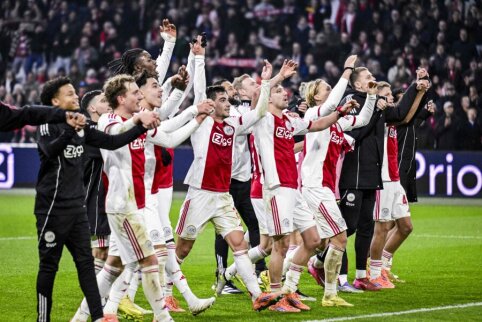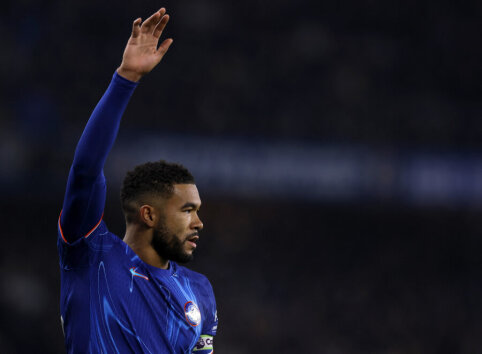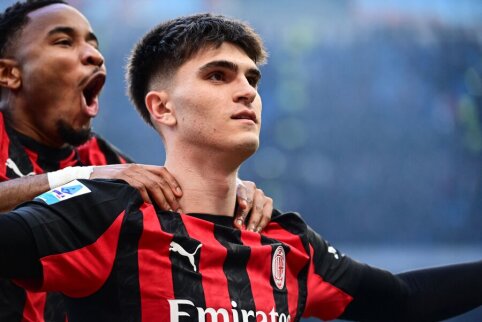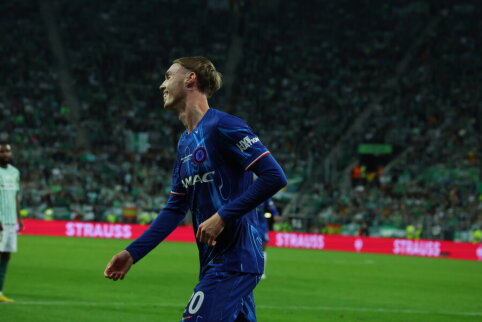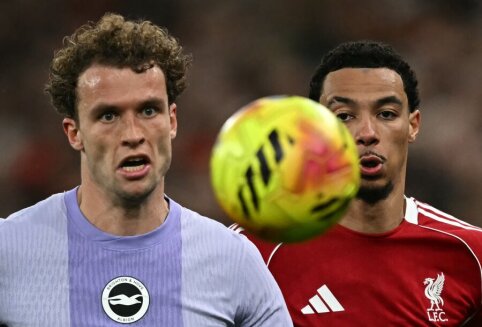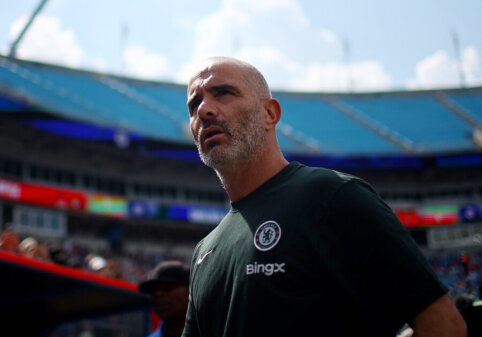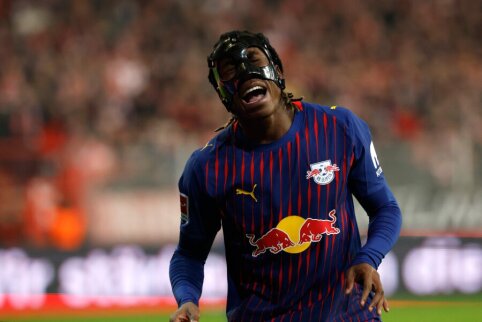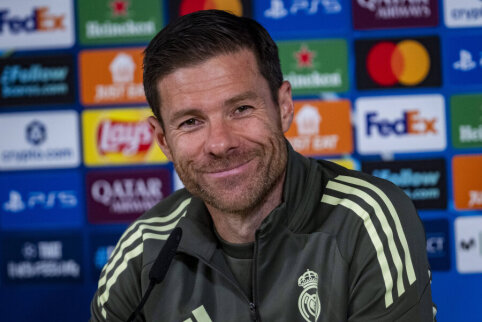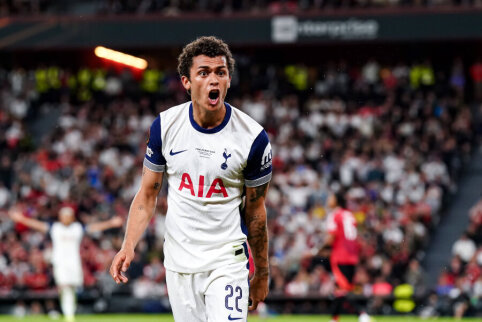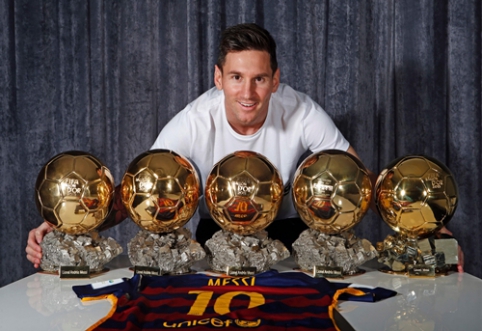
In the world of soccer, there is constant talk about the most talented and promising football players who are soon to become the brightest stars of this sport. Since 2003, the most talented player in the world has been awarded the "Golden Boy" award, which is open to all footballers aged 20 or younger.
However, did all the players who received this award go on to become the brightest stars in world football? As the announcement of the 2017 "Golden Boy" winner draws near, Eurofootball.com decided to look into the careers of all the players who have won this award and see which famous players they played against at the time and who failed to win this title.
First part: 2003 - Rafael van der Vaart
Second part: 2004 - Wayne Rooney
Fourth part of this article - on Monday.
2005: Lionel Messi
Previous team: "Barcelona"
Current team: "Barcelona"
From childhood, Lionel Messi supported the "Newell's Old Boys" club, and at just thirteen years old, he joined the club's youth academy. While he immediately stood out for his talent in the youth team, his football career soon faced a serious threat. At that time, the ten-year-old boy was diagnosed with a growth hormone deficiency, requiring expensive treatment costing about $900 per month. Although initially the "Newell's" club promised to cover the treatment, they later reneged on this promise, and due to a crisis prevailing in the region, they had to give up the opportunity to nurture the young talent, leaving L. Messi's parents to look for other alternatives.
The young footballer's family decided to seek fortunes in Europe: Messi had relatives in Catalonia who helped organize a trial for him at the "Barcelona" club. In September 2000, he arrived for a trial with the team, and the person in charge of player transitions at the time, Charly Rexach, immediately decided to sign a contract with the young talent. However, convincing the club's management was not easy - at that time, such young players from foreign teams were almost never invited to their academies in Europe. Ultimately, Messi's family grew tired of waiting for Barcelona's decision, and on December 14, they issued an ultimatum to the club: either they prove that they are willing to accept the Argentine, or they will look for other options. Rexach responded immediately: not finding any paper, he wrote Messi's first contract on a napkin.
In February 2001, the young Argentine and his family moved to Barcelona, and within two years, he scored almost 500 goals in "Newell's" youth teams. Continuing such a successful game was not so easy, and after moving to Europe, his first years were particularly difficult. Firstly, due to a conflict with the "Newell's" team, Messi could not play in official matches even for Barcelona's youth team, so he was only given the opportunity to play in friendly matches and in the Catalonia league. Having trouble playing football and being naturally shy, the boy had a hard time fitting in with his peers at the "Barcelona" youth team - his teammates later admitted that Messi was so quiet that most of them thought he was mute. The young talent was also not helped by the fact that after some time, the footballer's mother and family returned to live in Rosario, while Leo remained in Spain to live with his father. Not surprisingly, he soon began to miss his family and home in Argentina.
